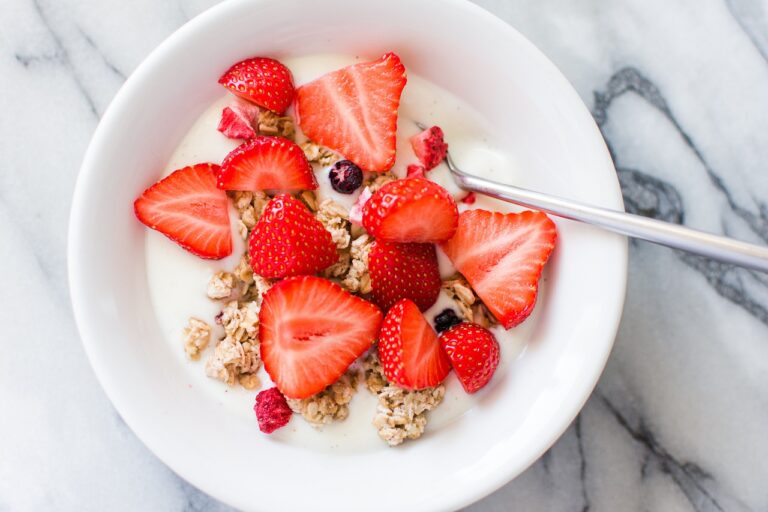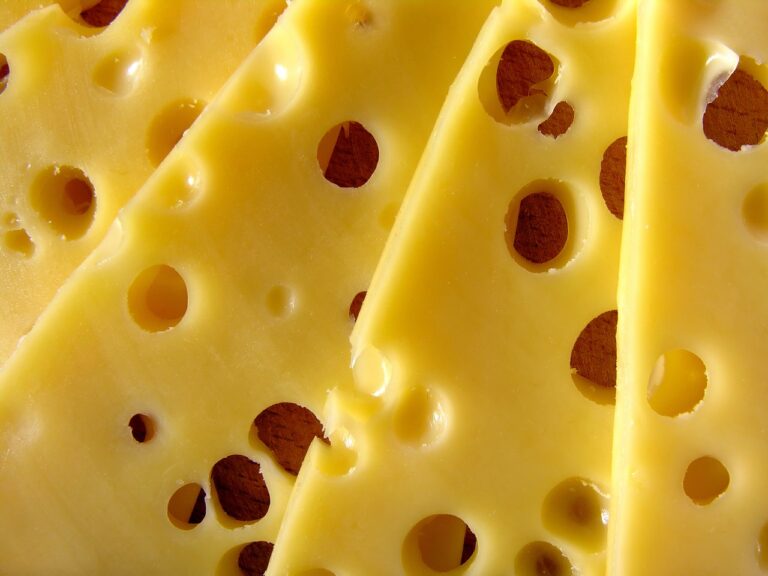The Role of Genetics in Dairy Farming: Breeding for Productivity and Disease Resistance
11xplaylogin, king567 sign up, skyinplay:Dairy farming is an essential industry that provides milk and other dairy products to millions of people around the world. With advancements in technology and research, genetics has played a crucial role in improving productivity and disease resistance in dairy cattle. Breeding animals with desirable genetic traits has led to significant advancements in the dairy farming industry, resulting in healthier and more productive cows.
Genetics in Dairy Farming
Genetics plays a critical role in dairy farming, as it influences various traits in dairy cattle, including milk production, fertility, disease resistance, and body conformation. By selectively breeding cows with desirable genetic traits, dairy farmers can improve the overall performance of their herds. Through careful selection and breeding programs, farmers can increase milk production, improve milk quality, and enhance the overall health and longevity of their dairy cows.
Breeding for Productivity
One of the key goals of dairy farming is to increase milk production efficiency. By breeding cows with high milk production potential, dairy farmers can improve the overall productivity of their herds. Through genetic selection, farmers can identify cows with superior milk production traits and use them as breeding stock to pass on these desirable traits to future generations.
Modern breeding techniques, such as genomic selection, have enabled dairy farmers to identify and select animals with the best genetic potential for milk production. By analyzing the DNA of individual animals, farmers can predict the genetic merit of an animal for various traits, including milk production, fertility, and disease resistance. This allows farmers to make more informed breeding decisions and select animals that will maximize productivity in their herds.
Breeding for Disease Resistance
In addition to productivity traits, genetics also plays a crucial role in disease resistance in dairy cattle. By breeding cows with strong immune systems and resistance to common diseases, farmers can reduce the risk of illness in their herds and minimize the need for antibiotics and other medical treatments.
Genetic selection for disease resistance involves identifying animals that exhibit natural resistance to specific diseases and breeding them to pass on these resistance traits to their offspring. By selecting animals with strong immune systems and disease resistance, farmers can reduce the incidence of diseases such as mastitis, lameness, and respiratory illnesses in their herds.
FAQs
Q: How does genetic selection work in dairy farming?
A: Genetic selection in dairy farming involves identifying animals with desirable traits, such as milk production, fertility, and disease resistance, and using them as breeding stock to pass on these traits to future generations.
Q: What are the benefits of genetic selection in dairy farming?
A: Genetic selection can help improve milk production, milk quality, fertility, and disease resistance in dairy cattle, leading to healthier and more productive herds.
Q: How do farmers use genomics in breeding dairy cattle?
A: Farmers use genomics to analyze the DNA of individual animals and predict their genetic potential for various traits. This allows farmers to make more informed breeding decisions and select animals with the best genetic merit for desirable traits.
In conclusion, genetics plays a crucial role in dairy farming, enabling farmers to improve productivity and disease resistance in their herds. By selectively breeding cows with desirable genetic traits, farmers can enhance the overall performance of their herds and ensure a sustainable and profitable dairy farming operation.







